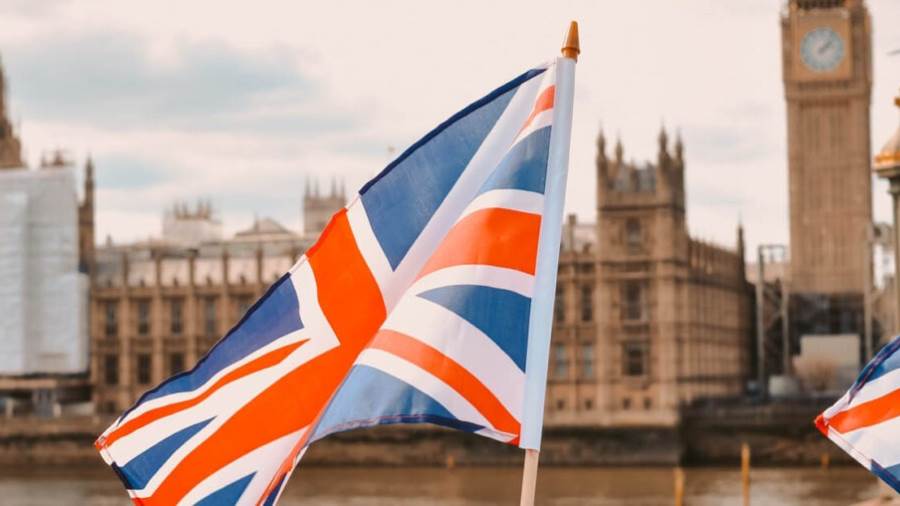Unexpected Contraction Hits UK Economy in May Amid Mounting Domestic and Global Pressures


The UK economy unexpectedly contracted in May for the second consecutive month, highlighting the mounting challenges facing both households and businesses as they continue to grapple with the aftershocks of U.S. tariffs and domestic tax hikes.
According to official data from the UK’s Office for National Statistics, the country’s Gross Domestic Product (GDP) declined by 0.1% in May, following a sharper 0.3% drop in April. This performance fell short of analysts’ expectations, who had forecast modest growth of 0.1%, raising fears of a potential recession in the second quarter of the year.
The economic slowdown has been driven by a combination of factors, including the lingering impact of previous U.S. tariffs and rising local taxation. These pressures have reduced consumer spending power and discouraged business investment.
The manufacturing sector shrank by 0.9%, while the construction sector contracted by 0.6%, extending the downward trend that began during the so-called “bleak April” — a month marked by the steepest sectoral declines in over 18 months. The downturn has been compounded by rising household costs, including surging energy bills and property taxes.
The services sector managed a marginal growth of just 0.1%, but this was insufficient to offset broader economic weakness. Retail trade, in particular, saw a sharp monthly decline, as continued economic uncertainty prompted firms to delay investment decisions.
These figures represent a significant setback for Chancellor Rachel Reeves, who has made revitalizing economic growth and reducing the budget deficit central pillars of her policy agenda. The government now faces added pressure, particularly with political and economic confidence hanging in the balance.
Although a recent agreement reached in May between Prime Minister Keir Starmer’s government and U.S. President Donald Trump’s administration to reduce mutual tariffs has provided some relief, domestic headwinds persist. This makes it unlikely that the strong 0.7% growth recorded in the first quarter — largely driven by a preemptive economic surge ahead of expected tariffs — will be repeated in the coming quarters.
Preliminary estimates for Q2 GDP are expected to be released on August 14, with economists anticipating sluggish growth between 0.1% and 0.2%, well below the official projection of 0.25%. This casts downward pressure on full-year growth estimates, which are now expected to fall short of the 1.2% forecast.
Overall, the UK economy remains on a fragile path, with projections indicating weak growth of no more than 1% for the remainder of 2025, amid a softening labor market and persistent uncertainty affecting both the business environment and household confidence.




















